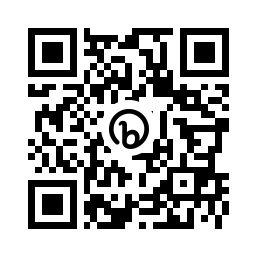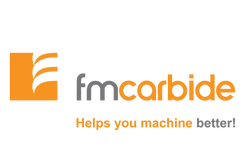Boring bars are single-point tools used in metalworking for straightening and finishing drilled or cast holes using interchangeable carbide inserts. A lathe or a turning machine attaches them to the workpiece as it turns against the boring bar's cutting tip.
Boring in metallurgy differs from boring in woodworking in that the hole produced does not need to be round. In metal boring, the tool can be plunged and dragged on the X and Y axes to form a slot or asymmetrical channel, or it can be moved simply in an up-and-down motion (on the Z-axis) to create a perfectly round hole.
Boring is the process of expanding a hole that has been previously drilled or cast to reduce mass. This procedure is used to increase the accuracy of a hole's diameter and can also cut a tapered hole. There are many boring tools with a variety of uses, but they all accomplish the following:
- Enlarge and finish the holes to the proper size.
- Straighten or core all original holes, and fix any casting flaws.
- Make the holes concentric to the diameter of the exterior.
Categories of Boring Bars
Boring bars are available in a variety of shapes and sizes. In automated lathes and machining centers, single-point boring bars are easy to grind but hard to adjust unless held in an adjustable holder.
Boring bars that cost more typically come with easily adjustable inserts and are available in diameters ranging from 0.25 to 0.5 inches.
Boring Bars for Lathes
Boring on a lathe is a technique for creating conical and cylindrical surfaces, and boring bars are one of the most significant lathe pieces. By moving parallel to the axis of rotation, the single-point cutting tool enlarges an existing aperture in a workpiece. The cutting tool moves at an angle to the axis of rotation to produce a taper on the workpiece.
A boring bar with an insert attached to the bar's tip is fed into an existing hole while the workpiece is held in a chuck and rotated. As the tool comes into contact with the workpiece, a chip is generated, which can be continuous or segmented, and the resulting surface is known as a bore. The process does not require any special equipment other than the boring bar.
Tools come in different forms to accommodate a wide range of applications. A number of factors can affect processing results, including tool geometry, cutting speed, feed rate, tool, workpiece, machine stiffness, and chip removal. Also key are the climate conditions and the alignment of the machine components and fixtures.
Boring Bar Bushings
During machining, bushings are most often used to support boring line bars. Their precision can be used for any activity that requires tight tolerances and friction-free support, such as the cam bores and crank bores in engine blocks.
In this manner, the process capability index (CPK) value increases, and zero tolerances are achieved. The quick-change and cartridge-style construction of the bushings reduces machine downtime.
While in use, the bushings are installed in a machine casing. Line boring bars go through the interior diameter of bushings and spin frictionlessly on precision bearings. As each application is different, bushings at SCTools are designed and produced according to customer specifications.
In some machine designs, the bearing support components are assembled directly in the enclosure. This necessitates removing the housing from the machine, rebuilding and realigning it, or rebuilding it on the production line. Either way, there is a significant amount of downtime.
As a leading industrial tool manufacturer, SCTools is proud to offer cutting-edge technology for improving your machining processes. Boring bar maintenance tools for lathes and boring bar bushings are our specialties. We offer a wide range of products, including bore bars, lathe tooling, and machine set-up tools.
 |
If you have any questions about carbide cutting tools, end mills, drills, etc. be sure to reach out to us @ sctools.co/Home or call us at (877)737-0987. We help you machine better! |



Comments (0)